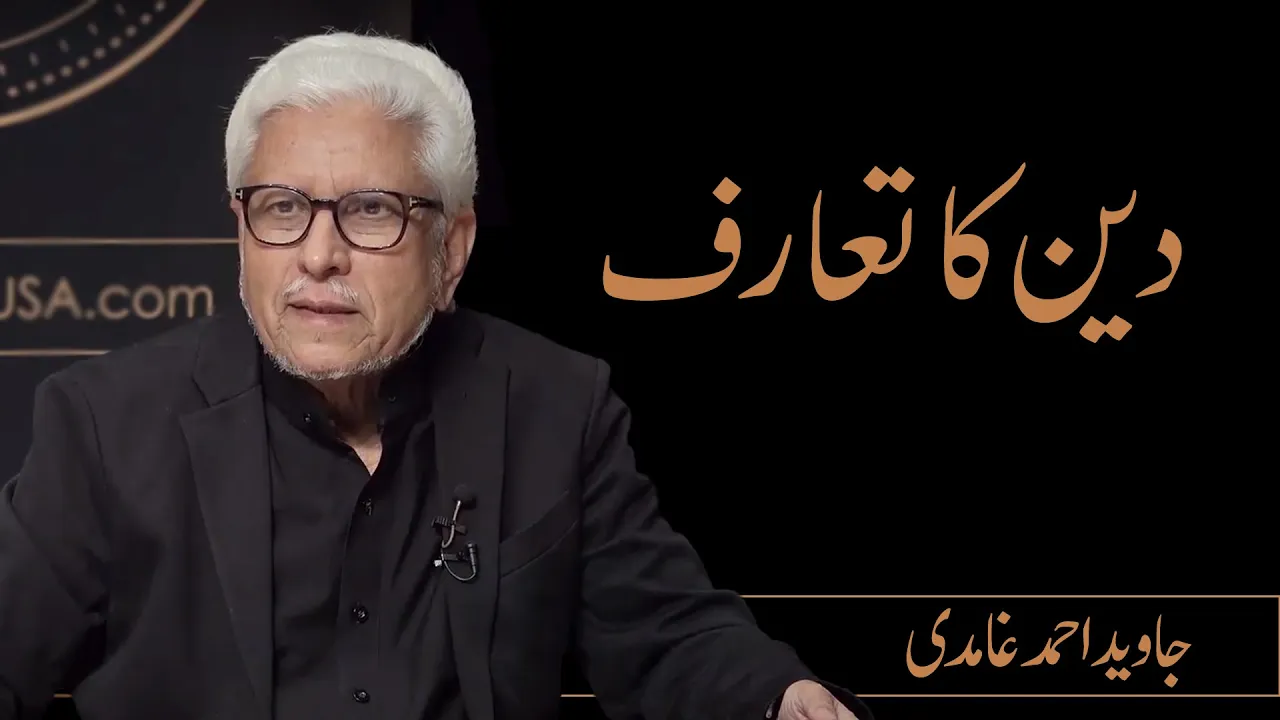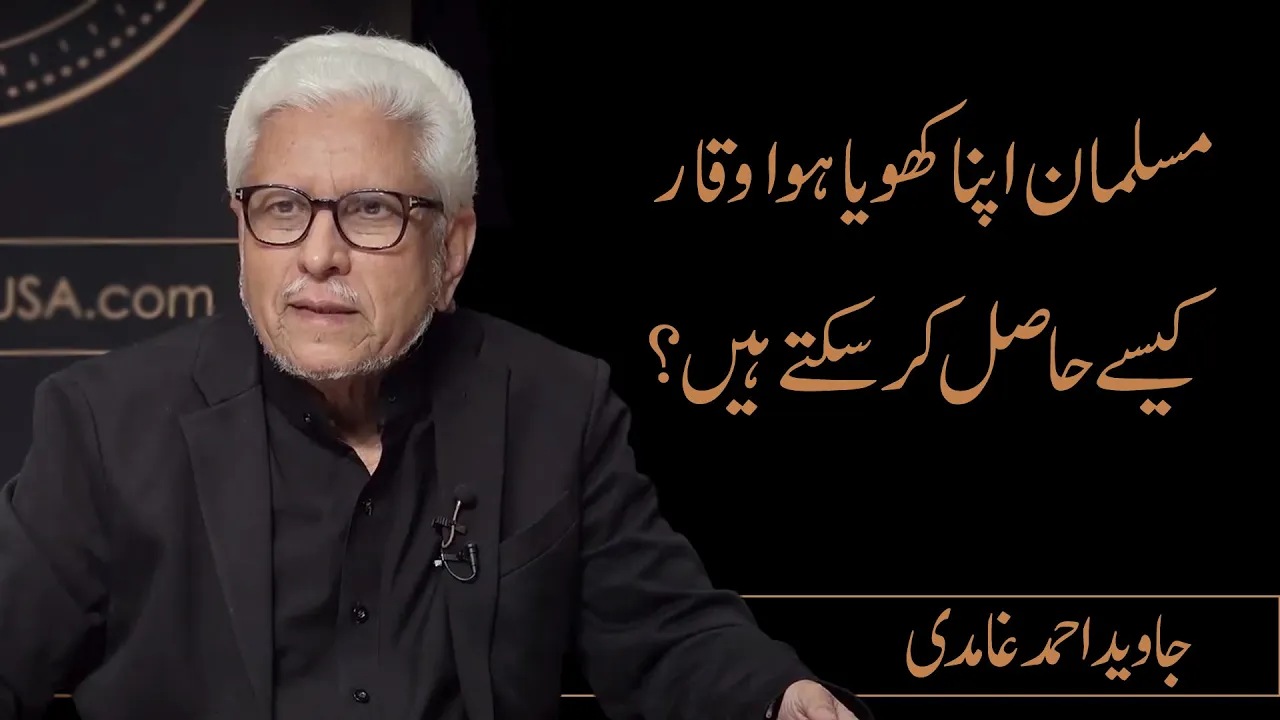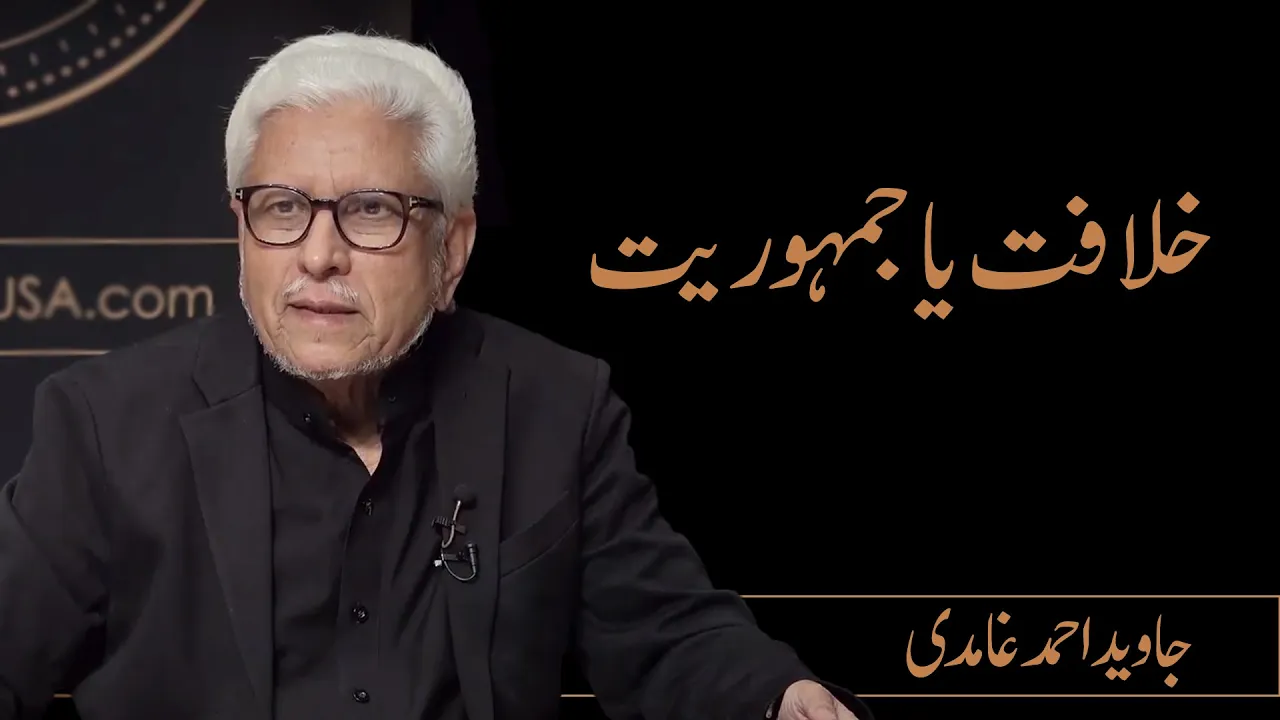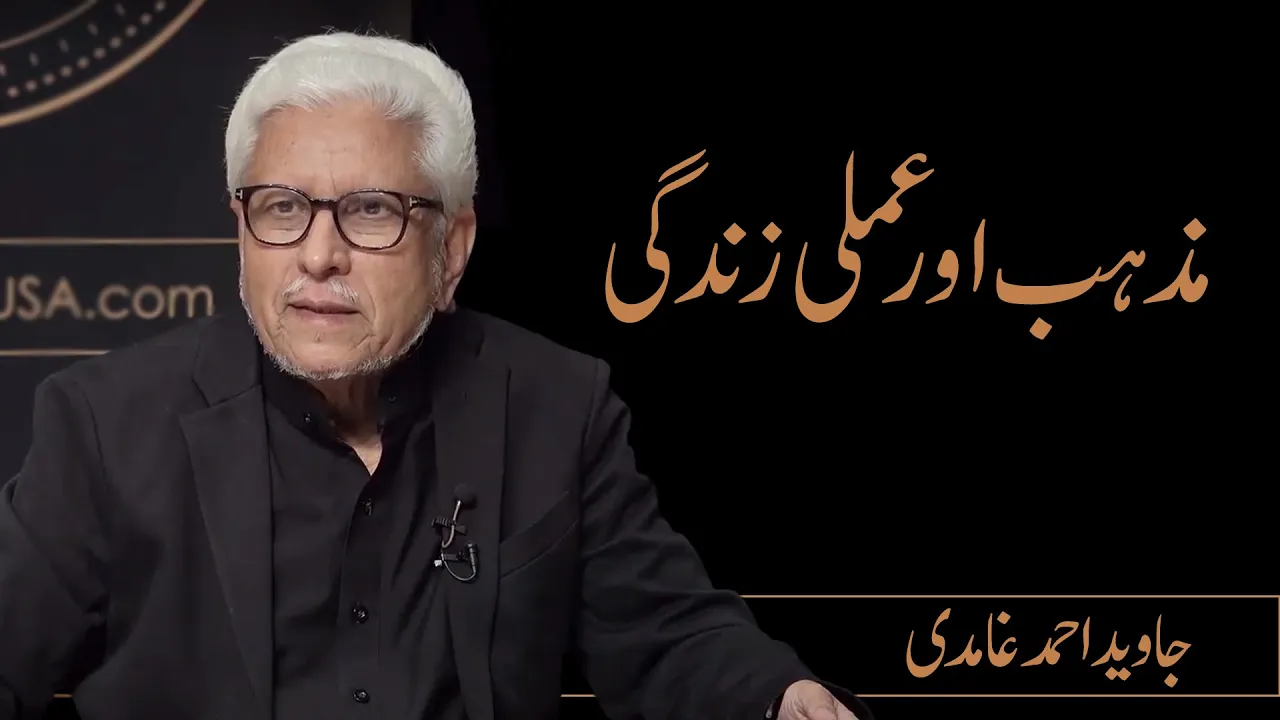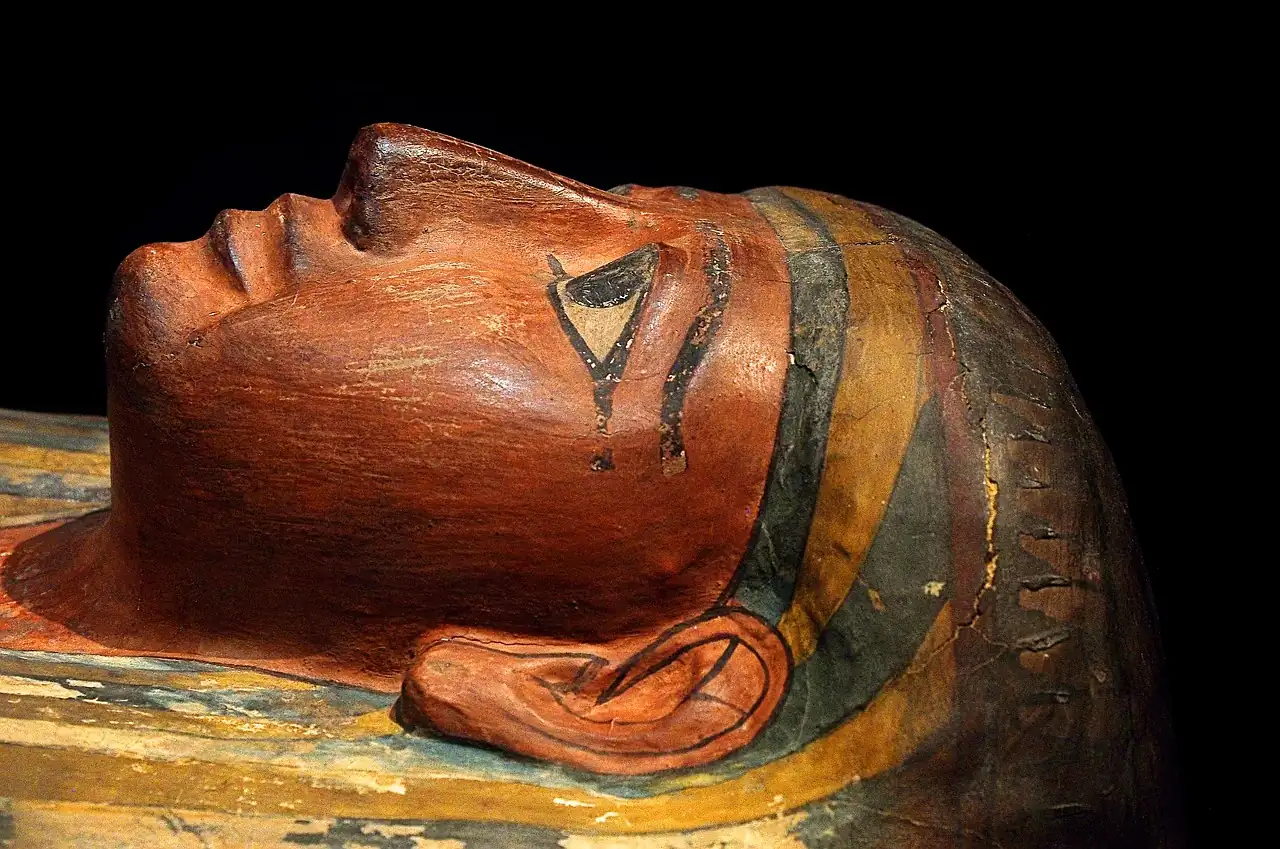Question
I have just read this writing. Difference between Khilafah and Malookiyyah. Three questions are popping up in my mind.
One, if Mulookiyyat means the system that is based on “transferring” authority to sons, then, Syedna Ali should be called as the pioneer of Mulookiyyat instead of Syedna Muawiyah because he, first, transferred the authority to his son Syedna Hasan?
Two, if Mulookiyyat means the system that is based on “receiving” authority from father, then, Syedna Hassan should be called as the poineer of Mulookiyyat instead of Syedna Yazeed because he, first, inherited the authority from his father Syedna Ali?
Three, what if a going ruler tries to transfer the authority smoothly in his life just to make sure the nation does not have to be ruler-less at the time of election so as to save the nation from possible disruption and differences?
(Here I am using “Syedna” for Yazeed too as I do not want to disrespect anyone before being enlightened about all).
Answer
If some one appoints his son or close relative as the next Khalifa then this is what can be called Mulukiya. However if people themselves appoint the son of the last Khalifa as the new Khalifa then this is still Khilafah system based on Shora (although there is a danger of making this as a routine, appointing son after father without considering his qualities which then will be close to Mulukiyah. Both Abubakr and Umar – ra-huma – had sons that could be considered as their successorsThey did not even considered them as possible candidates.)
Based on what I know from historical books, including Tabari’s, Ali (ra) never appointed Hassan (ra) to be Khalifa after him. In the history of Tabari it says that when Ali (ra) was asked in his dead bed whether people should do Bay’ah with Hassan (ra), his answer was “I neither instruct you to do that, nor advice you against it, you know better” (Tabari, 5:147)
As you see this is very different from the practice where the father appoints his son as Khalifa before death.
As for your last question:
The ruler may arrange to plan ahead for his successor, there is no problem in doing this. Abubakr (ra) arranged for Umar (ra) to be his successor after consulting with others. Umar (ra) arranged a council of 6 people to decide who among them should be the Khalifa. There is no problem with these arrangements.
However the ruler appointing his son to avoid ruler-less society does not seem to be correct and necessary. In fact, this excuse was the excuse of many dictators of the world who thought if they step out of the office or do not appoint their son or brother then the society will remain without a good leader. This goes directly against the principle of Shora as instructed in the Qur’an.(
As for saying Sayyiduna before Yazid, you are of course free to use any title you deem appropriate for any person. However please note that Sayyeduna means Our Master/Honorable. If some one does not use this title it does not mean that he is disrespectful. This is an extra ordinary respect not the minimum expected respect. Traditionally this title has been used for the companions of the Prophet (pbuh) including his male Muslim members of the family. I have not seen any one using this title for Yazid. Scholars do not even agree whether ‘ra’ should be said after his name.)
Answered by: Farhad Shafti
Date: 2015-01-01



